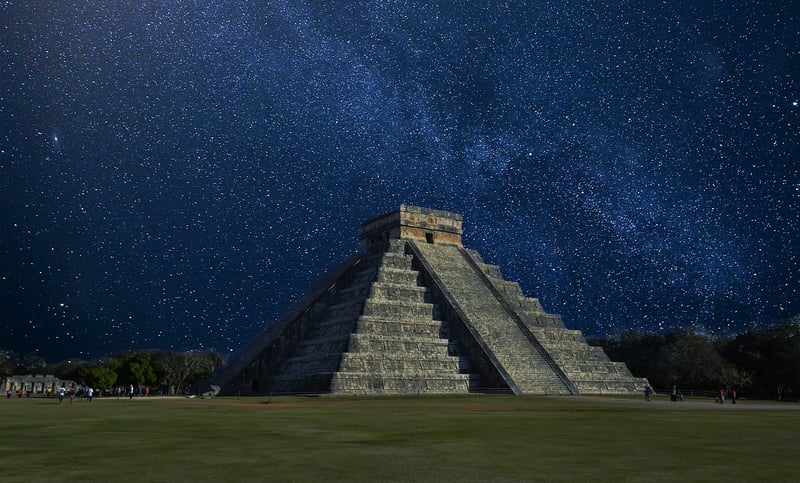Future Exploration
Exploring Different Eras and Future Exploration
Introduction
Exploring different eras allows us to delve into the past, understand how societies evolved, and appreciate the achievements of our ancestors. Additionally, looking towards future exploration opens up a world of possibilities and advancements that could shape the way we live in the coming years.
Ancient Era
The ancient era, characterized by civilizations like the Egyptians, Greeks, and Romans, offers a glimpse into the foundations of modern society. From the pyramids of Egypt to the philosophy of Aristotle, this period laid the groundwork for art, science, and governance.

Medieval Era
The medieval era, with its castles, knights, and feudal systems, showcases a time of chivalry and honor. The architectural marvels of the Gothic cathedrals and the tales of King Arthur paint a picture of a complex and vibrant period in history.

Modern Era
The modern era ushered in industrialization, revolutions, and globalization. From the inventions of the steam engine to the digital revolution, this era transformed the way we communicate, travel, and interact with the world.

Future Exploration
Looking ahead, future exploration holds promise for space travel, artificial intelligence, and sustainable living. With missions to Mars, advancements in robotics, and efforts to combat climate change, the future is ripe with opportunities for innovation and discovery.

Conclusion
Exploring different eras provides us with a rich tapestry of human history, while future exploration ignites our imagination and drives progress. By learning from the past and embracing the possibilities of the future, we can shape a world that honors our heritage and paves the way for generations to come.
Let's continue to explore, discover, and create a future that reflects the best of our past and the potential of our dreams.
